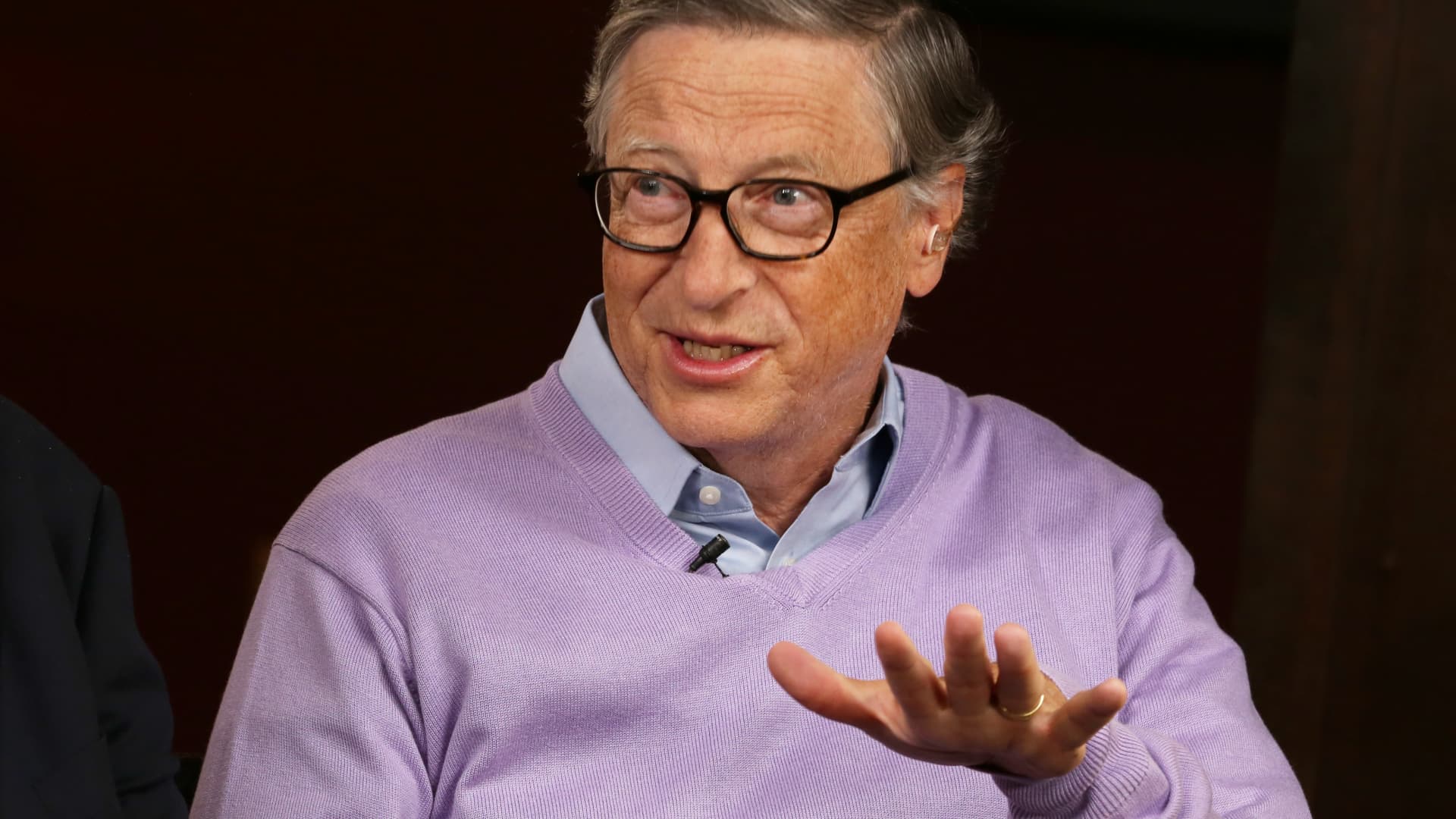The discourse surrounding wealth inequality, particularly through the prism of capitalism, elicits divergent perspectives. At the fulcrum of this debate lie billionaires, who often embody both the pinnacle of financial success and the complexities of socio-economic disparity. From a Baha’i vantage point, the question “Should we ban billionaires?” draws us into deep reflections on wealth, responsibility, spiritual growth, and societal advancement.
In examining the Baha’i teachings on wealth, it is pivotal to discern the underlying philosophies that govern human interactions and economic paradigms. Baha’u’llah, the founder of the Baha’i Faith, articulates a vision where wealth is a tool for communal enrichment rather than a trophy to be flaunted. This fundamental principle undergirds the possibility of harmony and justice, serving as a lens through which one can evaluate the existence and role of billionaires in contemporary society.
Wealth, as depicted in Baha’i writings, is akin to a river: it can either nourish the surrounding lands or flood them, wreaking havoc in excess. The river of wealth, when directed towards greater good, invigorates communities and fosters collective prosperity. However, when dammed and hoarded, it leads to drought, engendering disparities that stifle growth and sow discord. The Baha’i teachings invite reflection on how billionaires can transform their affluence from a potential source of inequality into a vehicle for societal advancement.
Within the Baha’i framework, two primary concepts emerge — the spiritual responsibility of individuals and the collective well-being of humanity. The teachings emphasize the principle of justice, which extends beyond mere equality to encompass fairness and compassion. A billionaire, as a pivotal player in the economic landscape, bears an ethical obligation to utilize their resources in a manner that contributes positively to the global community.
Moreover, the Baha’i principle of unity in diversity bears significance in this discourse. The existence of billionaires can be understood as a reflection of the varied capacities and contributions of individuals within society. While their wealth can be a symbol of disparity, it can also serve as a beacon for collaboration and innovation. The Baha’i Faith posits that individual achievements should be tempered by a commitment to the greater good, necessitating a paradigm shift from self-interest to altruism.
Yet, the juxtaposition of immense wealth against the backdrop of pervasive poverty challenges the moral compass. Wealth concentration, particularly among a select few, raises profound ethical questions. If we visualize society as a grand tapestry, billionaires’ threads contribute color and texture; however, if too many threads are concentrated in one area, the tapestry becomes distorted, diminishing the richness of the whole. This metaphor underscores the importance of distributing wealth holistically to preserve the integrity and vitality of the social fabric.
In addressing the notion of banning billionaires, a Baha’i perspective encourages contemplation over impractical solutions. Rather than implementing prohibitive measures, which may only exacerbate division, the aim should be to instill a sense of accountability. Education on the ethical implications of wealth, coupled with frameworks for philanthropy and responsible business practices, can empower billionaires to act as stewards of their resources. This proactive approach could lead to a renaissance of social enterprises, community investments, and innovative solutions to global challenges.
Furthermore, the Baha’i teachings promote the idea that true wealth transcends material accumulation; it encompasses spiritual, intellectual, and social dimensions. As such, billionaires are urged to consider their legacy not merely in fiscal terms but through the lens of lasting impact. They are called to become champions of human rights, environmental sustainability, and educational advancement — epitomizing the holistic wealth that Baha’u’llah envisions.
Implementing systemic changes that encourage equitable distribution of resources is paramount. The Baha’i principle of consultation — a process of collective decision-making — may serve as a guiding framework in recalibrating economic policies. Engaging various stakeholders in dialogues about resource allocation can illuminate pathways to more equitable systems, fostering a collaborative spirit rather than adversarial approaches.
A deeper exploration into the spiritual dimensions of wealth within Baha’i teachings reveals an inherent contradiction in the pursuit of material riches without corresponding spiritual development.
Billionaires, uniquely positioned at the convergence of power and influence, are reminded that spiritual evolution is intrinsically linked to the ethical stewardship of their assets. The pursuit of transcendence through philanthropy, social justice, and environmental consciousness can engender a transformative impact that resonates far beyond one’s immediate sphere. This vision challenges the archetypical billionaire narrative, inviting a shift from self-centered ambition to a holistic ethos rooted in community welfare.
As we ponder the relevance of billionaires within a socially conscious framework, the question reframes from one of outright banishment to one of moral obligation. The essence of Baha’i teachings posits that the potential for wealth to engender goodwill and unity is not just a theoretical ideal; it is a clarion call for action in an age marked by rampant inequality. Advocating for genuine empathy and understanding among billionaires can facilitate a collective journey towards a future wherein wealth is wielded as a force for uplifting humanity rather than exacerbating divides.
In conclusion, rather than contemplating a ban on billionaires, the Baha’i perspective encourages a reimagining of wealth itself. By embracing the ideals of responsibility, justice, and unity, we can foster a society where the river of riches flows freely, nurturing the entire landscape rather than flooding select areas. It is through this embrace of ethical stewardship that we may glimpse a promising horizon — one where wealth serves as a formidable instrument for the advancement of all, promoting equity, dignity, and sustainable peace within the global community.
